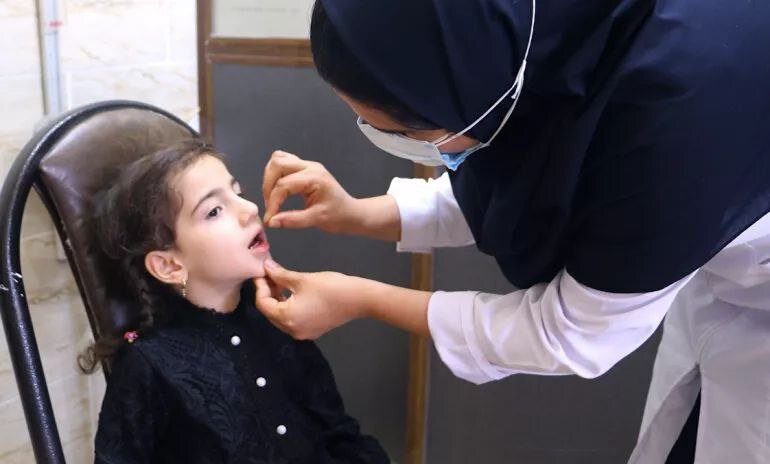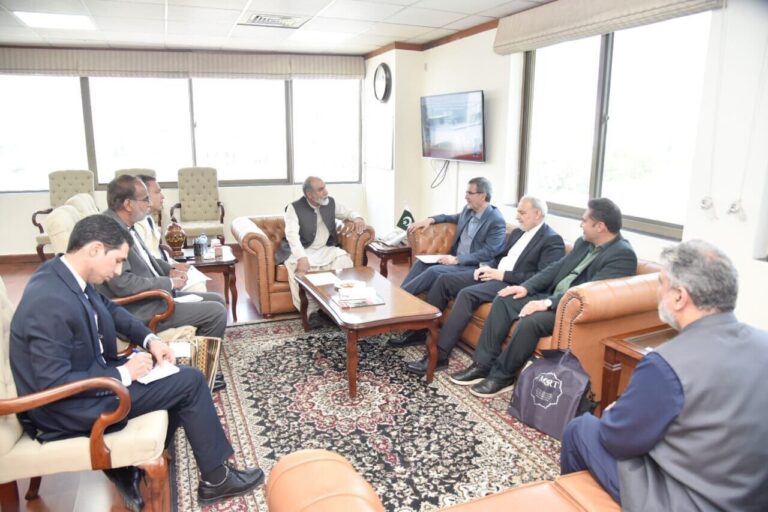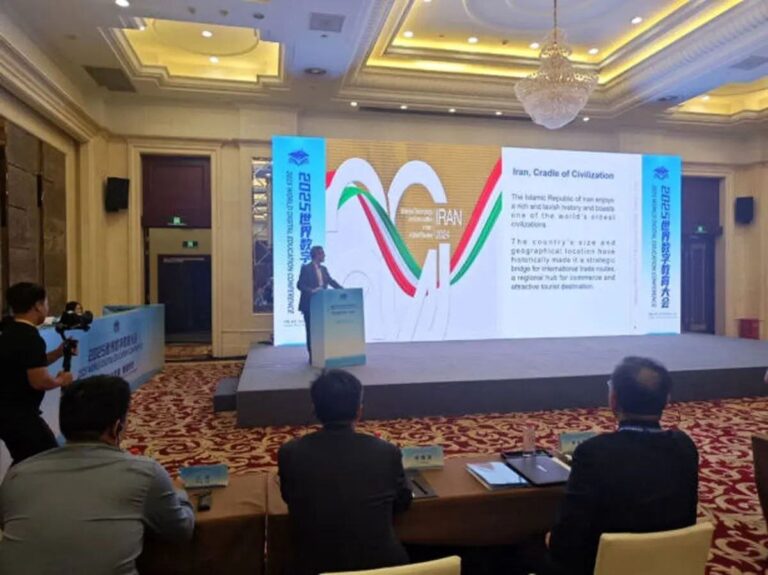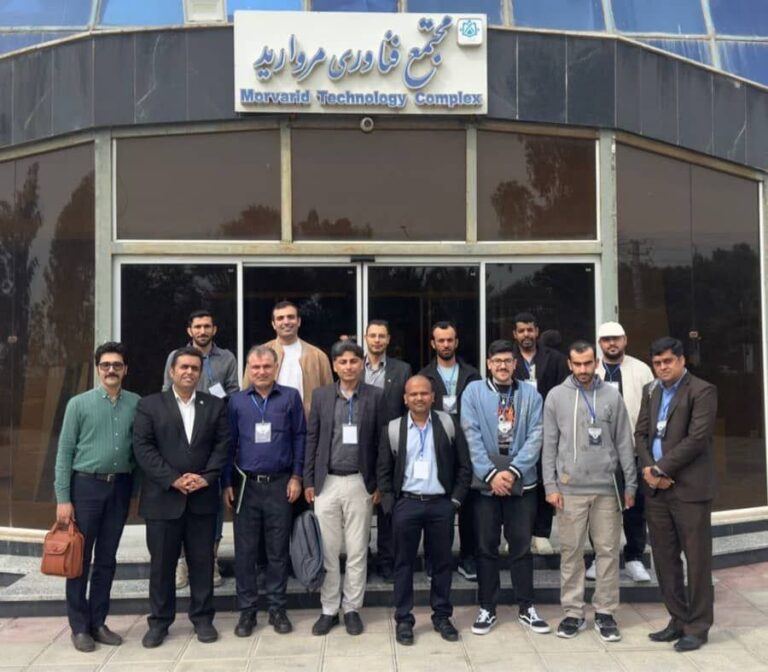Empowering Futures: Vitamin A Supplementation Initiative Set to Benefit Two Million Children
TEHRAN – The mega-dose vitamin A supplementation program, supported by the United Nations Children’s Fund, has made significant strides in enhancing child health across Iran. Over the past four years, this program has successfully reached two million children under the age of 5, addressing a critical issue: vitamin A deficiency, which is known to be the leading cause of preventable childhood blindness. This deficiency also heightens the risk of mortality from common childhood illnesses, such as diarrhoea.
Launched in 2020, the primary aim of this initiative is to improve the health of children aged 2 to 5 years. The program utilizes periodic, high-dose vitamin A supplementation as a cost-effective intervention essential for reducing health complications and child mortality rates.
Key highlights of the program include:
- A significant decrease in vitamin A intake was reported in Iranian households during the Covid-19 pandemic in 2020, with urban households showing a 31 percent drop and rural households a 24 percent decline.
- Data from the Food and Nutrition Surveillance in eight provinces revealed alarming levels of vitamin A deficiency among children under 5.
- The health ministry collaborates with 43 universities of medical sciences to implement the program effectively.
- Children visiting the centers receive one soft gel capsule containing 200,000 IU of vitamin A every six months, which is readily absorbed and stored in the liver for later use.
A comprehensive review from 2017, conducted by Cochrane, analyzed 47 studies from 17 countries and found that mega-dose vitamin A supplementation could reduce mortality from infectious diseases in children by 24 percent. This evidence supports the program’s role in improving child health significantly.
According to the food and nutrition surveillance system, the main objectives of the vitamin A supplementation program are:
- Enhancing children’s nutrition.
- Strengthening their immune system against common childhood illnesses, including Covid-19.
- Increasing health workers’ awareness regarding vitamin A’s critical role in child health.
- Improving parental understanding of the importance of vitamin A consumption.
- Reducing the mortality rate among children due to preventable diseases.
As the program continues to evolve, the health ministry is currently evaluating its effectiveness. The findings from this evaluation are expected to be published by the end of the current Iranian year, which began on March 20. This evaluation will provide valuable insights into the impact of the supplementation initiative on child health outcomes in Iran.
In summary, the ongoing mega-dose vitamin A supplementation program in Iran represents a vital effort to combat vitamin A deficiency and its associated health risks among young children. With the support of the United Nations Children’s Fund and collaborative efforts across multiple health institutions, the initiative aims to ensure a healthier future for the nation’s children.
The commitment to improving child health through this program not only addresses immediate nutritional deficiencies but also lays the groundwork for long-term health benefits, thus fostering a healthier generation.






